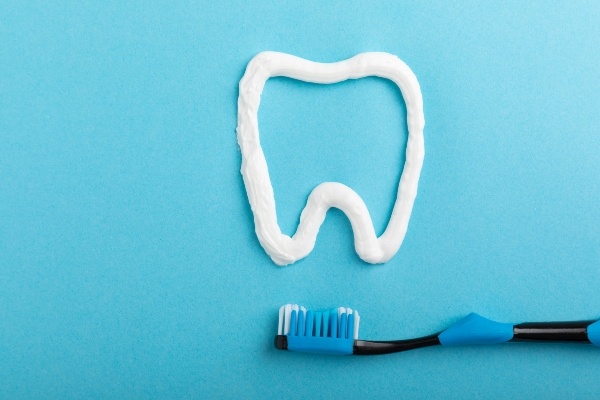 Nothing looks and feels quite like natural teeth. Therefore, if your tooth becomes decayed or damaged, a dentist will try to repair or save the tooth with a dental restoration. Most people who have been to the dentist have had some type of restoration. They range from simple filings for cavities to crowns for more severely damaged teeth. This article examines the various types of dental restorations and how they can preserve the function and appearance of your natural teeth.
Nothing looks and feels quite like natural teeth. Therefore, if your tooth becomes decayed or damaged, a dentist will try to repair or save the tooth with a dental restoration. Most people who have been to the dentist have had some type of restoration. They range from simple filings for cavities to crowns for more severely damaged teeth. This article examines the various types of dental restorations and how they can preserve the function and appearance of your natural teeth.
What is a dental restoration?
Restorative dentistry focuses on repairing or replacing teeth with the main goal of improved oral function. Though dental restorations can help the smile look better after decay or damage, their goals are oral health-related. Restorations can range from simple fillings for cavities to dental implants or dentures for teeth replacement. Here, we will focus on the restorations aimed at saving teeth so they do not need replacing.
Fillings
Cavities are small holes in tooth enamel caused by bacteria. If the cavity has not progressed too far, a filling can repair it. The dentist removes the decayed portion of the tooth and fills the hole with filling material, such as silver amalgam or composite resin.
Root canal
This procedure is necessary if the decay reaches the pulp chamber, also known as the living portion of the tooth. Cavities that go this far can be painful, leading to the loss of a tooth or other oral health problems. A dentist will remove the decayed portion of the enamel and the pulp, then fill the tooth. Sometimes, a root canal-treated tooth needs a crown for reinforcement.
Crown
Dental crowns are tooth-shaped caps that are cemented over natural teeth. They can consist of porcelain, metal, composite resin, or a combination of materials. These dental restorations serve a variety of purposes, including the reinforcement of root canal-treated and badly damaged teeth.
Inlays and onlays
Dentists use these restorations to repair teeth that need more than just a filling but do not require a dental crown. Think of these as larger fillings crafted outside the mouth to replace large parts of tooth structure. For example, an onlay covers one or more of the tooth’s cusps; an inlay fills the space between cusps.
Bonding
Though largely associated with cosmetic dentistry, bonding can restore teeth with minor chips or cracks. The dentist uses composite resin to fill a chip or crack, then hardens it with a special light.
With these tools at their disposal, a dentist has a variety of ways to save natural teeth. If you have damaged or decayed teeth, the sooner you get them treated, the better.
Dentists restore teeth
It is best to save your natural teeth when you can, and a dental restoration can help you do that. Our dental team is skilled in performing a wide range of dental restorations. To learn more about the restorations described above, call our team today.
Request an appointment or call Martin Dentistry at 209-299-7907 for an appointment in our Stockton office.
Related Posts
Getting the right dental restoration can improve your appearance and dental health. Your dentist will discuss the possible procedures that will fit your needs. Knowing more about these treatments can help you prepare for your next visit. Here are the common dental restoration procedures available.These restorations can be tooth-colored porcelain, gold, or composite material. This…
There appears to be some overlap between dental restorations and cosmetic dentistry. However, people need to know the difference between the two because dental insurance may cover a dental restoration but not a cosmetic procedure. This article examines the key differences between the two types of dentistry and provides examples of each.The primary difference between…
A strong and stable dental restoration can replace your missing tooth. Many people suffer from tooth loss. Using removable dentures is a way to fill the dental space. This can prevent many dental issues from developing. Here are the dental restoration options available for your missing tooth.The dentist will assess the patient’s mouth and see…


